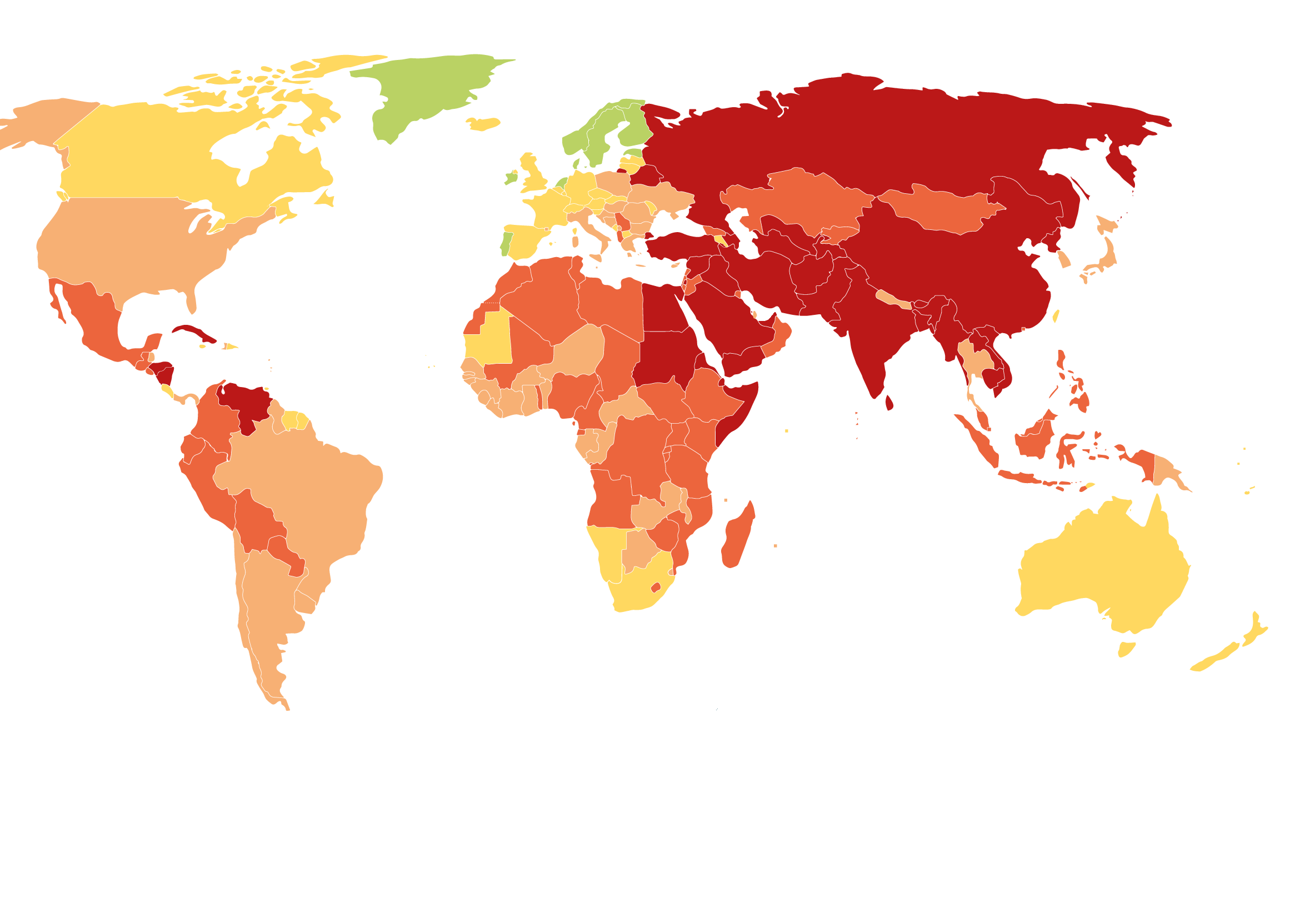India: rejected by Jammu and Kashmir, Prime Minister Narendra Modi must loosen his stranglehold on the media

The first legislative elections in a decade in the territory of Jammu and Kashmir have brought the main opposition party to the head of the local government, who ran on the promise of restoring press freedom. The election result indicates a rejection of Narendra Modi's government, and sends the Prime Minister a clear signal: the repression of Kashmiri reporters must stop, and the three media professionals currently imprisoned must be released.
"Over the past five years, a quarter of the journalists imprisoned under false pretexts in India have come from Jammu and Kashmir. This reign of terror targeting Kashmiri media professionals must come to an end. RSF calls on the authorities to immediately release Abdul Aala Fazili, Irfan Mehraj and Majid Hyderi. With the recent vote, the people of Jammu and Kashmir have clearly expressed their exasperation with the assaults on the rule of law and press freedom since the revocation of the region's semi-autonomous status in 2019. Prime Minister Narendra Modi must respect the local authorities and immediately loosen the stranglehold on the local media.
The Jammu & Kashmir National Conference (JKNC), which has led the local government since the results of the regional legislative elections on 8 October 2024, must now fulfil an important campaign promise: restoring press freedom in Jammu and Kashmir. For the past five years, Prime Minister Narendra Modi's Hindu nationalist government, run by the Bharatiya Janata Party (BJP), has undermined journalism in this Himalayan territory, which borders China and Pakistan. The national government imposed an eighteen-month communications blackout on the region from August 2019 to February 2021 after it decided to revoke Jammu and Kashmir’s semi-autonomous status.
Since the blackout, media outlets in Jammu and Kashmir — already scarred by the conflict between India and Pakistan — have been targeted by Narendra Modi's government. "Journalism has never been easy in Jammu and Kashmir," sums up Anuradha Bhasin, a native of the region whose journalism career has spanned 35 years. She describes the "constant surveillance" of local journalists who are systematically questioned by the police, as well as the financial suffocation of regional dailies, dependent on public subsidies that diminished under Modi. The news media she runs, the Kashmir Times, was hard hit by these multifaceted attacks and was forced to halt its print publication between October 2022 and November 2023, before relaunching online.
Three media professionals detained
At the time of this writing, three Kashmiri media workers were still behind bars on trumped-up charges designed to silence them. Abdul Aala Fazili, an academic and contributor to the independent media The Kashmir Walla, has been imprisoned since April 2022, accused of authoring an article referring to the Indian presence in Jammu and Kashmir as "occupation." The founder of online media Wande Magazine, Irfan Mehraj — recently published an article on the region’s situation in a special issue of Society magazine co-produced with RSF — has been in prison since March 2023, targeted by nine charges, including "fundraising for terror activities". Lastly, freelance reporter Majid Hyderi has been incarcerated since September 2023, charged with “criminal conspiracy” and “giving false information and defamation”, among other charges. In total, 13 journalist detentions over the past five years have resulted from arrests in Jammu and Kashmir alone, a quarter of the 48 journalist detentions recorded by RSF throughout the country.
The illusion of progress
In early July, the release of Kashmir Walla journalist Sajad Gul on bail after two years in prison for a simple tweet could have marked the beginning of a less repressive era. This hope continued into the following month when the authorities, amid the regional parliamentary election campaign, announced the imminent reopening of the Press Club of Kashmir, which was forced to close more than two years earlier, in January 2022, following a police raid on its premises in Srinagar, the summer capital of Jammu and Kashmir.
However, it has been two months since the announcement and the press club has yet to resume its activities. No guarantees have been made concerning the independence of its future editorial team. Behind the scenes of this deceptive reopening, the repressive laws used against media professionals remain in force, including the Jammu-and-Kashmir Public Safety Act (PSA) — used against Majid Hyderi — which allows for two years' imprisonment without trial, and the anti-terrorist Unlawful Activities Prevention Act (UAPA), used against Irfan Mehraj.
Confiscated passports
In another instance of the national government's ongoing crackdown on Kashmiri media professionals, at least ten journalists are currently being denied passports and therefore prevented from travelling outside the country, according to RSF’s information. Targeted by the UAPA anti-terrorism law in April 2020, for publishing "anti-national" content, Masrat Zahra, an award-winning Kashmiri photojournalist, found herself in legal limbo when her Indian passport was revoked without notice while she was studying in the USA.
Journalists from this Muslim-majority region also find themselves targeted by the discriminatory policies of Narendra Modi's Hindu nationalist party. A decade into the BJP’s rule, India ranks 162nd out of 180 countries in RSF's World Press Freedom Index 2024.




